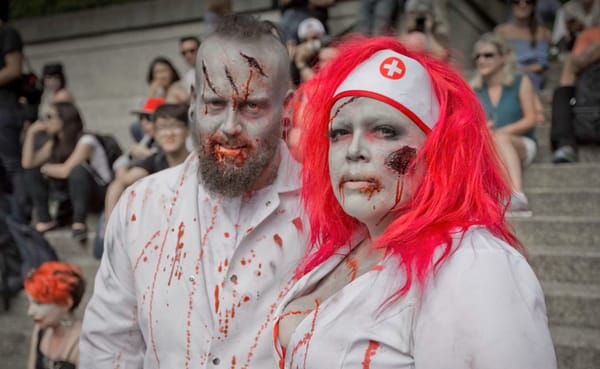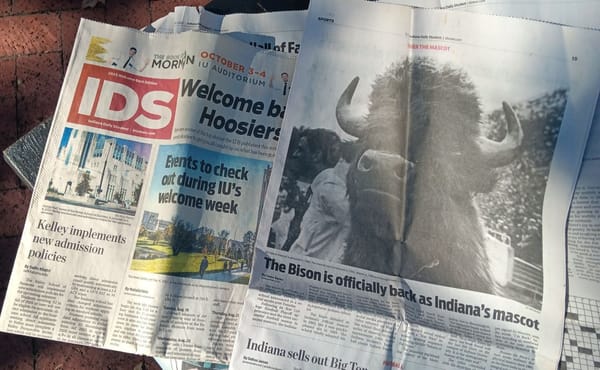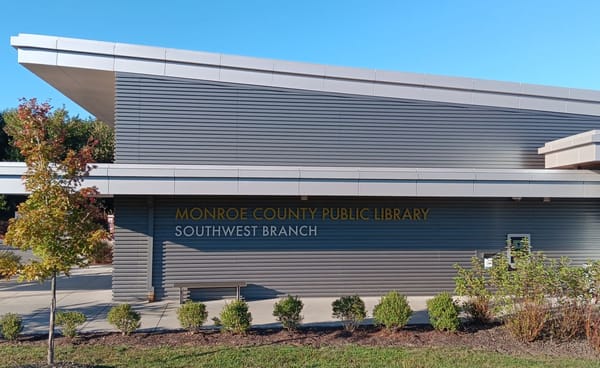Major Shaming: A Jacobs School Student Defends Her Major
Since high school, Miller Susens has known what her career would be: teaching music. But now, as a cellist and junior at IU’s Jacobs School of Music, the music-education major has to answer questions like “Is music even a job?” The “major shaming,” she says, has never silenced her desire to teach. C
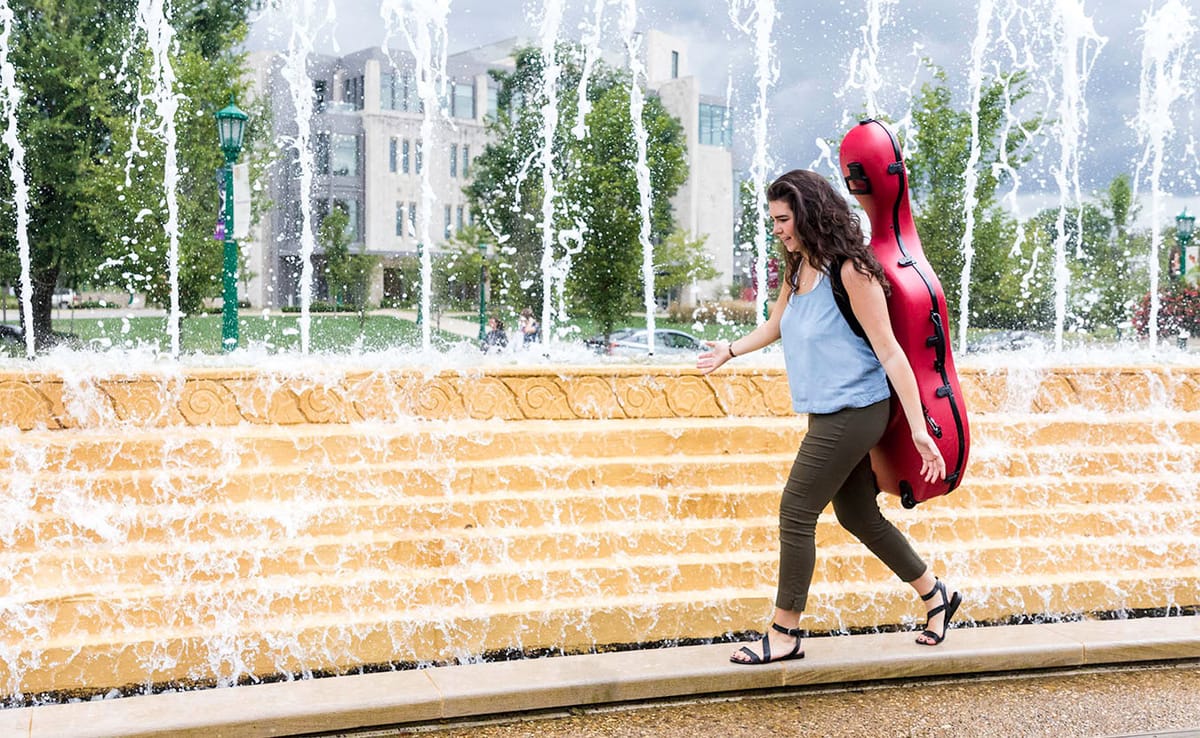
As a senior in high school back in Texas, being accepted into the Department of Music Education in the Indiana University Jacobs School of Music solidified my dream to pursue a degree in music education. When I started college in the fall, I knew I’d be on track to becoming a music director. I soon found that my life had more meaning — I could finally answer the question “What do you want to do with your life?” and feel confident in my efforts to achieve my goals.
But high-school-freshman me, set on pursuing neuroscience at Stanford University, was under the assumption that music was a hobby, not a career. Despite my scientific determination, my love of music continued to grow, and my cello skills along with it. Thankfully, after receiving a B in biology that year, I decided to abandon my dreams of becoming an award-winning neurosurgeon and direct my attention to music. I began to devote more time to practicing, listening to classical music, and submerging myself into all of the music I could possibly be around. And with the help of my private cello teacher and high school orchestra director, I abandoned the idea of music being an “extracurricular” and chose to focus on not just music, but music education.
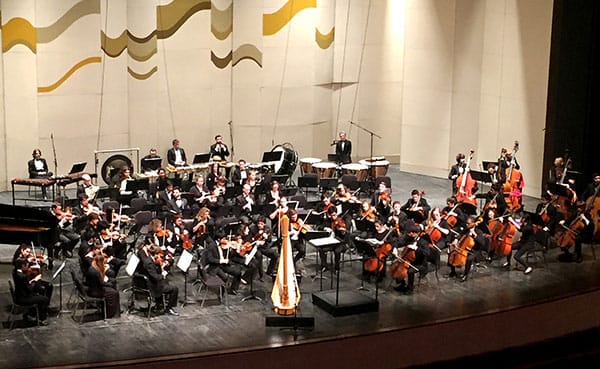
I began tutoring math and English and became a teacher’s aid for my orchestra director — so I naturally felt the urge to help the young string players grow as musicians. Though I was a learning musician myself, my confidence in teaching them what I did know never wavered.
Now, halfway through my four-year quasi-obstacle course of college, I find myself battling harder questions than “What do you want to do with your life?” Instead, I’ve been hit with “Is music even a job or is it just something you do in your free time?” and “We didn’t even have a music teacher at our school, so there probably won’t be jobs for you when you graduate.” Regardless of the answers I give, there always seem to be more questions. It’s hard enough working toward my major academically, but no one prepared me for the amount of work it takes to defend my major’s importance.
Music education differs from studying performance in that, while we are required to take many of the same classes — such as music theory and history, musical skills, and the fundamentals of piano — we also learn how to play every instrument offered in schools’ music programs, including string, brass, woodwind, and percussion instruments. If you think that’s a walk in the park, we have ensemble rehearsal for two hours a day at least three days a week, individual lessons on our primary instrument, and field observations of music education in local schools. Add on a casual 20-credit-hour course load — as opposed to virtually everyone else at IU with an average of 15 credits per semester — and you’ve got a concoction for one of the most stressful majors on IU’s campus.
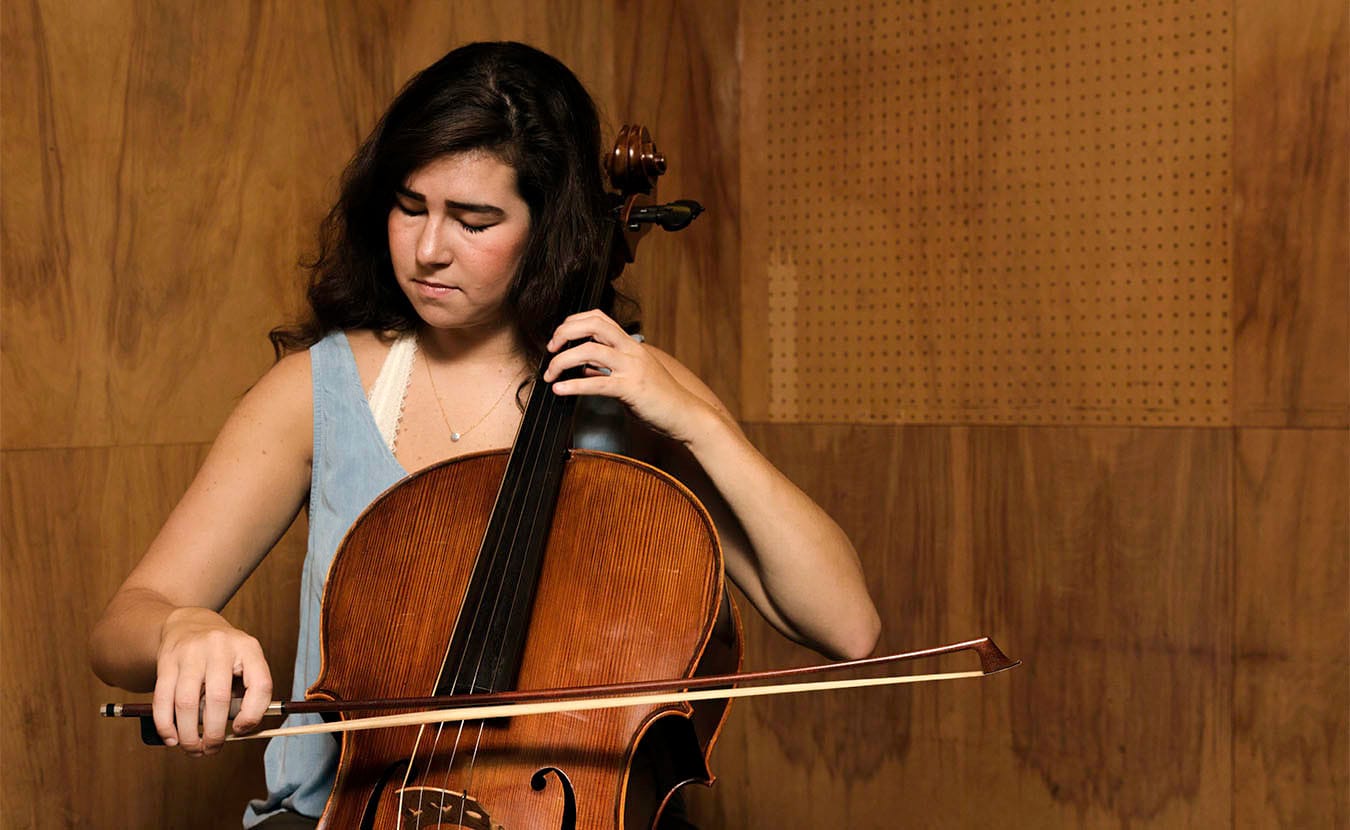
Because of these extra aspects to our major, we have less practice time than our performance counterparts and are often treated differently at Jacobs because of it. While performance majors have time in their schedules to practice for hours on end, as well as scheduled time to take their required classes in conjunction with performances, our practice hours are taken up by education-based classes aimed at teaching us how to teach — usually leaving us around two hours to practice per day— and therefore the performance aspect of our careers can suffer. Because of our time constraints, it’s easy for professors — many of whom studied performance only — to view us as lesser than the performance majors. Often what they don’t realize is that we have the same capabilities as performance majors, but we don’t get to exercise them as rigorously or as often.
So why would we put ourselves through this sort of ordeal?
Pursuing music education in college is not about just getting a job — even though 100 percent of music education majors get hired after graduating — but rather about the love of teaching. Too often I hear the assumption that college is for getting a job, when, in reality, it’s to pursue what you love. For music ed majors, that means giving us every tool we would need to teach our kids, for the sake of teaching them.
Another component of our studies includes arts-education advocacy, and the constant effort to keep the arts in schools during threats of budget cuts. Job security, though not too high on my priority list, is threatened by the looming possibility of defunding arts education in schools across the nation. It’s hard enough convincing students to continue studying music, but it’s a whole other ball game when it comes to convincing school boards and community parents that it should be a priority. Yet we continue in our pursuits due to our love of music and our love of educating future generations about music’s infinite capabilities.
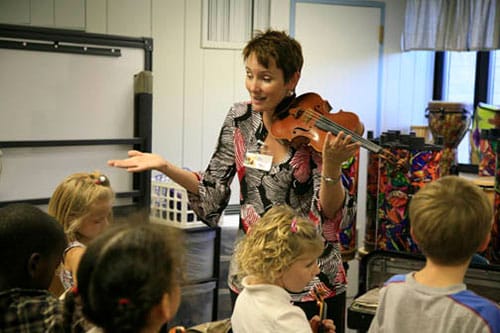
Brenda Brenner, a violinist and an associate professor in the music education department at Jacobs — and also one of my professors — runs the Fairview Violin Project in Bloomington, which provides onsite violin classes for first- and second-grade students in Fairview Elementary School. Through her diligence and efforts to bring music into the community, these students have found a love for music, while also developing early literacy and math skills. Through programs like these, it’s evident that music education is impactful and significant in the lives of growing children and students.
Despite all of the feasible obstacles that wear on me day by day, I don’t ever feel myself giving up this life. I didn’t truly find my passion for music until later in my high school career, under the impression that music wasn’t a job. Once I understood how very wrong of an assumption that was, I’ve never faltered in my desire to be a music teacher, and I hope for the sake of future music teachers that our craft and passions will be appreciated like they should be.
Editor’s note: Miller Susens will perform with University Orchestra on Sunday, September 25, at 3 p.m. at the IU Musical Arts Center. Maestro Andrew Altenbach will conduct the orchestra in works by Mendelssohn, Borodin, and Bizet.



